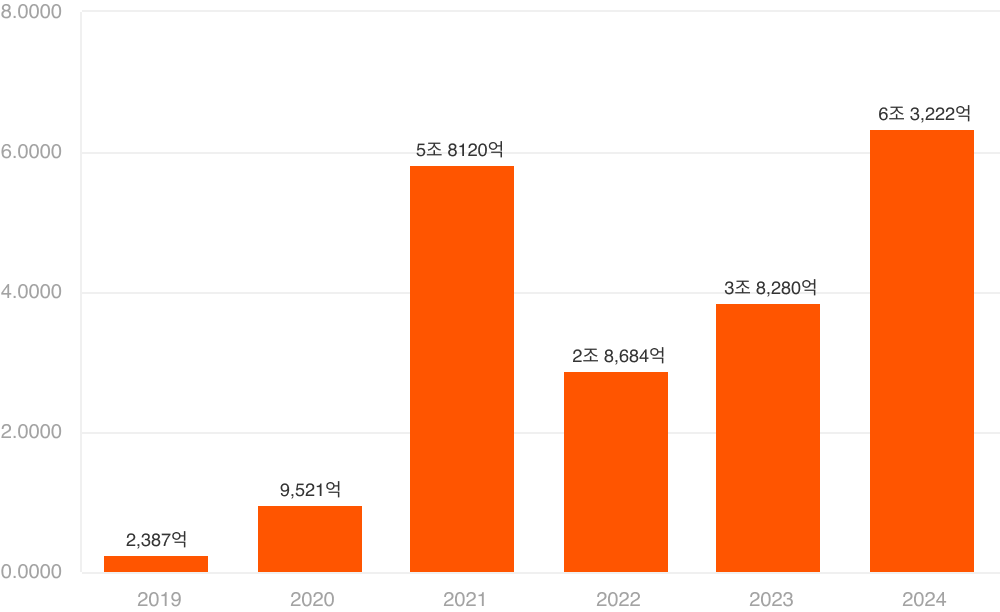
With interest rates on traditional savings accounts dipping below 2%, Korean crypto exchanges are drawing attention by offering deposit yields that exceed their banking counterparts. Investors are now saying it’s “better to park money in Upbit,” as the platform and other major exchanges like Bithumb and Coinone provide over 2% in annualized interest—surpassing most bank “parking” accounts that hover between 1.2% and 1.8%.
These deposit yields function similarly to interest, awarded based on the fiat currency balances held in user accounts. Introduced through the Virtual Asset User Protection Act implemented in July 2023, the payouts reflect income generated by banks managing those funds under real-name account agreements with exchanges.
Exchanges typically distribute these yields monthly or quarterly, and there are no deposit limits. For example, depositing ₩100 million in Upbit could result in over ₩510,000 in yield per quarter—compared to just ₩308,000 from a similar parking account at a major commercial bank.
Amid this trend, the Korean National Assembly is taking further steps toward digital asset regulation. Democratic Party lawmaker Min Byung-deok recently introduced the “Digital Asset Basic Act,” marking the second phase of legislative reform. The bill requires stablecoins to receive prior approval from the Financial Services Commission (FSC) and sets forth comprehensive rules for asset issuance, circulation, listing, and disclosure.

With deposit yields becoming a key user acquisition strategy, the need to formalize oversight is gaining urgency. As banks play a back-end role in managing these deposits, regulatory clarity and supervisory frameworks are increasingly necessary.
One industry official noted, “High interest attracts users, and the structure with partner banks makes sudden changes difficult—but if base interest rates fall further, adjustments may be inevitable.”
Despite concerns over volatility, digital asset-based income products are becoming increasingly institutionalized. This signals a growing transition from speculation to structured, regulated financial instruments in Korea’s evolving crypto landscape.






